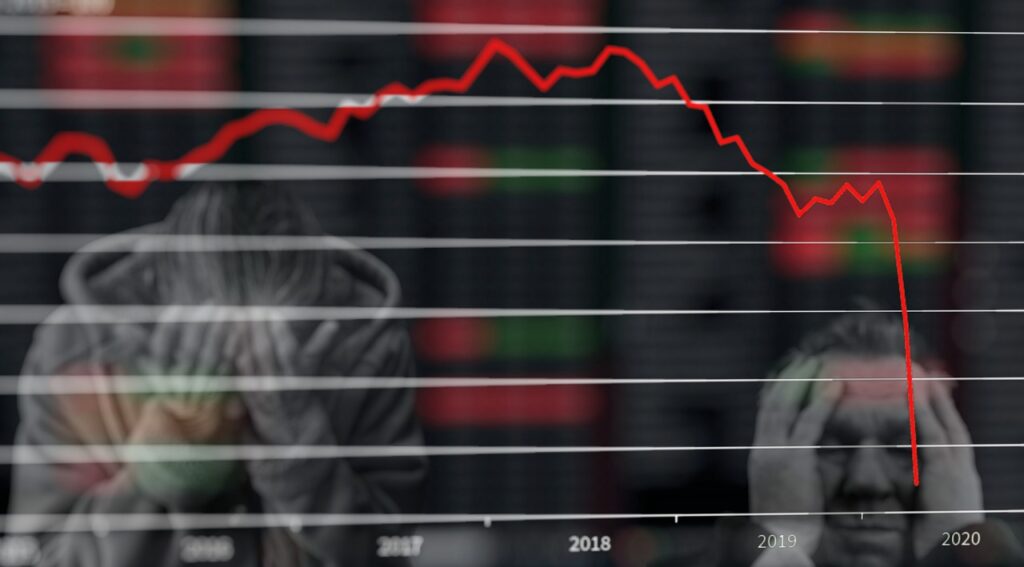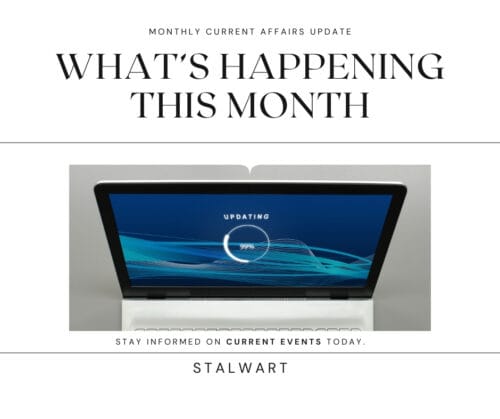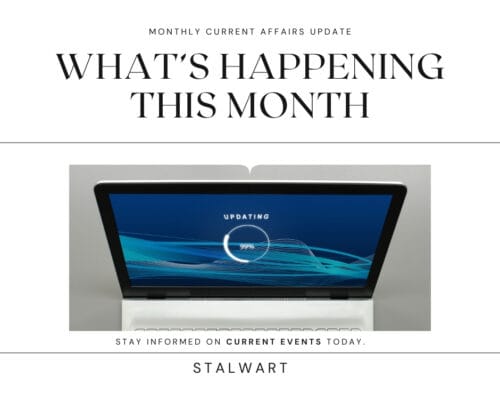Are we heading towards another Great Recession?

Are we on the verge of a recession?
It depends on who you ask — some experts believe a recession will occur within the next several years, while others believe it is far less likely.
Many perspectives fall somewhere around the middle, with some putting the probability at approximately 30%. Here are their justifications.
Those in the first group believe that the Federal Reserve’s inflation – fighting campaign is what will cause the economy to enter a recession.
According to the National Bureau of Economic Research (NBER), the nonprofit research body that officially calls the shots on U.S. recessions, that is a period when economic activity decreases significantly for more than a few months.
The Fed has begun raising its benchmark interest rate in an effort to boost borrowing costs, slow the economy, and manage today’s skyrocketing inflation by rebalancing supply and demand.
However, pessimistic estimates see the rate hikes driving the economy down to the point of recession.
Not only that, but one indicator, which has historically been a solid predictor of recessions, has flashed a red flag. It’s the “inverted yield curve,” in which investors do something unusual: drive shorter-term Treasury bond yields higher than longer-term yields.
Every time that has happened in recent history, there has been a recession, and the yield curve did indeed invert for a few days in early April.
Some economists, counterintuitively, consider today’s labour market’s numerous jobs and growing earnings as a bad indication.
Former Treasury Secretary Lawrence Summers recently authored a paper pointing out that every time the unemployment rate has been as low as it is currently, and wages have been rising as quickly, a recession has followed.
On the other hand, some argue that the same robust job market demonstrates that the economy is strong enough to withstand a few interest rate hikes, reducing the likelihood of a recession and that the unusual pandemic circumstances make the inverted yield curve a less predictable indicator this time around.
Fed Chair Jerome Powell acknowledges that reducing inflation without hurting the economy would be difficult, but he is optimistic that it can be done.
What will the next recession be like?
Assuming a recession, which is a significant assumption, economists at Deutsche Bank recently calculated the jobless rate may rise to slightly more than 5% in 2024.
That is worse than the current 3.6 percent rate, but not nearly as terrible as it was during the Great
The recession of 2009, when the unemployment rate reached 10%, or the pandemic-induced but short-lived recession of 2020 when the rate reached 14.7 percent.
In other words, it won’t be good, but it could be quite moderate in terms of recessions.
Deutsche experts expected that the economy would contract for six months between the end of 2023 and the beginning of 2024 before resuming expansion.
Do you want access to more such articles? Register yourself thorugh this link
Visit our YouTube Channel to get access to a lot of free videos!



